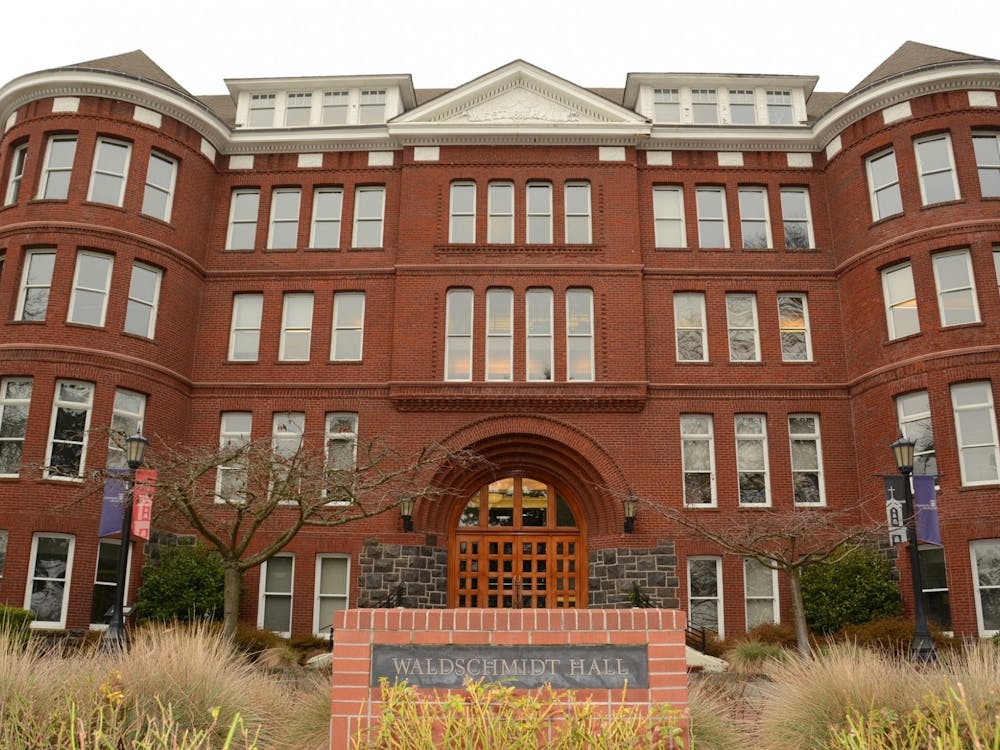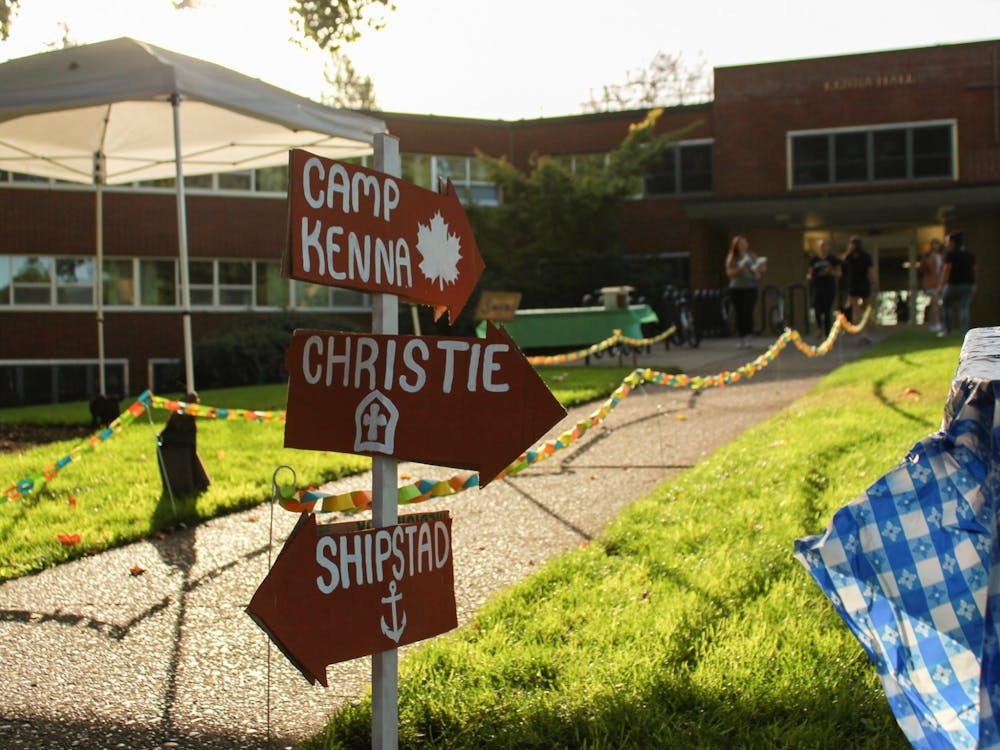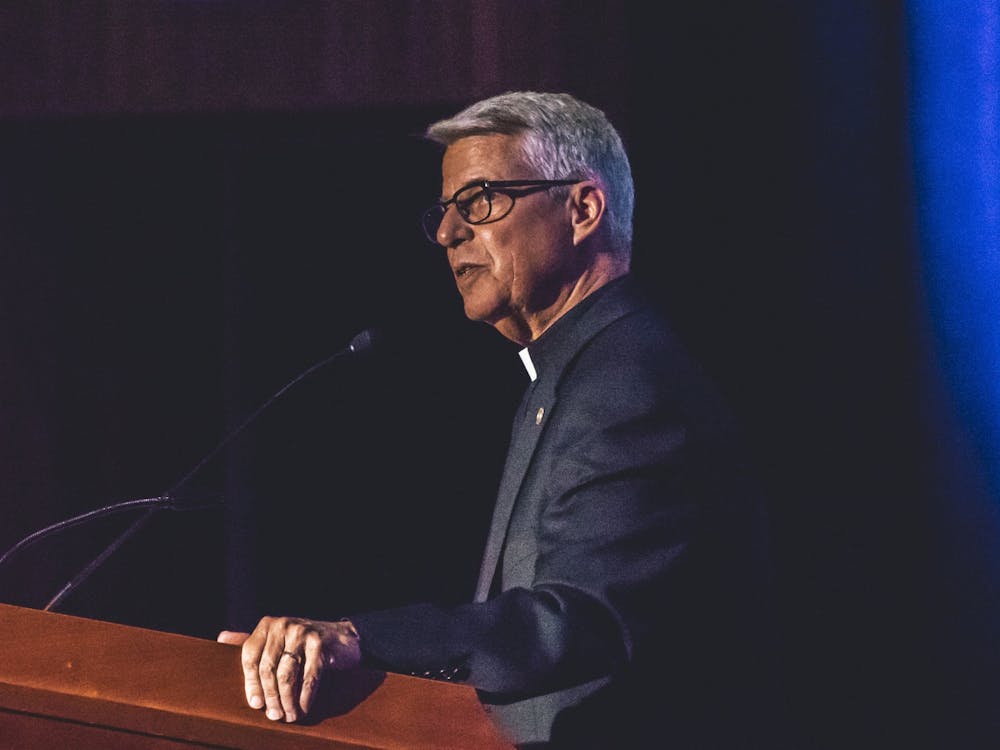The University of Portland is implementing “belt-tightening strategies” to limit discretionary spending in response to potential financial repercussions of the COVID-19 pandemic.
In an email to all faculty and staff, university President Fr. Mark Poorman said it is still unclear how the pandemic will affect enrollment, endowment and the global economy. However, Poorman noted that the “University’s financial standing is sound” and said his goal and top priority is to “maintain the employment” of all UP employees.
Some higher education institutions have already been struggling financially, including Concordia University in Portland which announced in February that it was closing down after the spring semester, resulting in over 1,500 layoffs.
Growth in net tuition revenue for many universities has slowed down and campus closures have forced universities, including UP, to refund students for room and board. Admissions events have been canceled and enrollment is uncertain with no clear idea of when the COVID-19 pandemic will subside.
“We know that livelihoods and families depend on this, and our people are critical to our success as an institution,” Poorman said. “I understand that layoffs are currently a part of the national conversation. I recognize the stress and anxiety that many are facing when it comes to this issue. Before even considering options like layoffs, UP will evaluate all other available strategies, such as a freeze on salary increases, reductions in work hours, and other budget measures.
In the email, Poorman laid out the steps the university is taking to prevent layoffs and limit discretionary spending:
The University will impose a freeze on hiring until at least Sept. 30, 2020. Exceptions will be granted on a case-by-case basis by the Budget Working Group, the group that is normally tasked with position approval.
No business travel, conference attendance, or expenditure of professional development funds will be allowed during the summer months. This includes faculty travel to academic conferences. Some rare exceptions to this rule may occur.
New capital expenditures will be limited to those required for the safe operation of campus or subject to a legal mandate.
No overtime will be permitted for hourly staff, with exceptions evaluated on a case-by-case basis.
All divisions and offices across campus will maintain their ongoing strict adherence to budgets.
UP will continue to work with higher education trade associations and elected officials to seek support for higher ed institutions and their employees.
In the future, staff hours may vary or be reduced due to specific job needs. However, if changes in work hours occur, this will happen no sooner than May 15. Staff hours are not changing at this time.
Poorman added that final decisions have not yet been made regarding faculty and staff salary increases for the coming year but he urged faculty and staff to stay resilient and united amid the unprecedented circumstances.
“With collaboration, discipline, and concern for one another, UP will endeavor to succeed in the present turbulence,” Poorman said. “Together, we’ll strive to pursue the same things we’ve pursued for the past 119 years: teaching and learning, faith and formation, service and leadership.”
Maddie Pfeifer is the News and Managing Editor for The Beacon. She can be reached at pfeifer21@up.edu.








